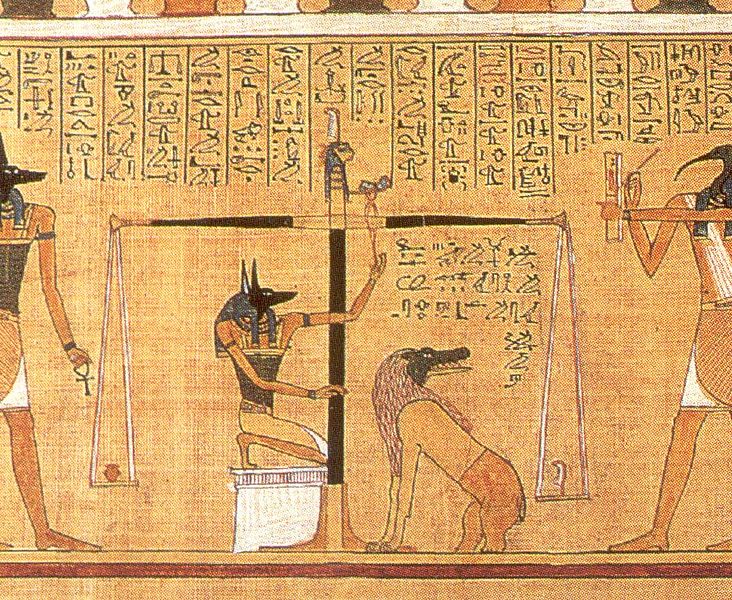Biblical Hebrew is a language that has been used for thousands of years to write some of the most important texts in Jewish tradition, but it is not just a language that is limited to the Jewish context. In fact, studying Biblical Hebrew can open up a fascinating world of ancient Near Eastern literature and history, providing a gateway to understanding the cultures and societies of the ancient world.
One of the most important reasons to study Biblical Hebrew is that it allows access to some of the most important texts of the ancient Near East. For example, the Babylonian creation myth Enuma Elish and the epic of Gilgamesh were both written in Akkadian, a language closely related to Biblical Hebrew. By studying Biblical Hebrew, readers can access translations of these texts and gain insight into the religious and cultural beliefs of the ancient world.
In addition, many other ancient Near Eastern texts, including Egyptian hieroglyphs, Ugaritic cuneiform, and Aramaic inscriptions, have been discovered and translated over the years. By studying Biblical Hebrew, readers can develop the skills necessary to access and understand these texts, allowing them to gain a deeper understanding of the societies and cultures that produced them.
Beyond the texts themselves, studying Biblical Hebrew can provide valuable insight into the social, political, and economic structures of the ancient Near East. For example, the study of Hebrew grammar and vocabulary can reveal patterns of trade, migration, and cultural exchange between different societies, shedding light on the complex relationships that existed between these societies.
Finally, studying Biblical Hebrew can provide a valuable perspective on the development of religion and spirituality in the ancient world. By examining the religious beliefs and practices of the societies that produced these texts, readers can gain a deeper understanding of the origins of some of the world's major religions and explore the diversity of religious experience in the ancient world.
Studying Biblical Hebrew is not just about understanding the Jewish context, but it can also provide a gateway to the ancient Near Eastern literature and history. Through the study of Biblical Hebrew, readers can access important texts, gain insight into the societies and cultures of the ancient world, and explore the development of religion and spirituality in the ancient world. By engaging with this rich and diverse material, students of Biblical Hebrew can develop a deeper appreciation for the complexity and diversity of the ancient world, and gain valuable insights into the human experience.




